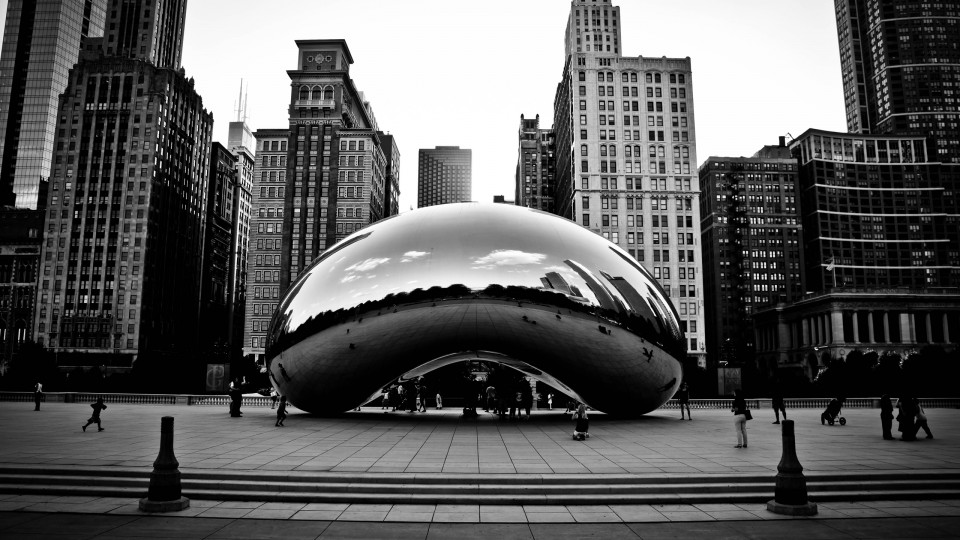Tags
4:1 Again I saw all the oppressions that are done under the sun. And behold, the tears of the oppressed, and they had no one to comfort them! On the side of their oppressors there was power, and there was no one to comfort them. 2 And I thought the dead who are already dead more fortunate than the living who are still alive. 3 But better than both is he who has not yet been and has not seen the evil deeds that are done under the sun.
13 Better was a poor and wise youth than an old and foolish king who no longer knew how to take advice. 14 For he went from prison to the throne, though in his own kingdom he had been born poor. 15 I saw all the living who move about under the sun, along with that youth who was to stand in the king’s place. 16 There was no end of all the people, all of whom he led. Yet those who come later will not rejoice in him. Surely this also is vanity and a striving after wind, (Eccl. 4:1-3, 13-16, ESV).
In Ecclesiastes 4, the Preacher-Sage makes two important and related observations about life in this world. The first, in 4:1-3, concerns oppressed people. There is a people who live under an oppressive government that seemingly holds absolute power in its rule. The oppression is harsh, making a need for the oppressed to be comforted. Twice, however, the Preacher-Sage observes that this oppressed people have “no one to comfort them.”
Seeing the depth of evil inherent in a comfortless, unbreakable oppression, the writer draws some conclusions: First, the dead are better off than the living, for the dead have passed this evil, and the living still have to witness it. Those in the grave are better off than those of us who must continue to witness fleeing Kurds and Congolese on the 5:00 PM news.
Second, those who have not yet been born are better off than both the dead and the living, for the unborn have not yet caught even a glimpse of the evil (of oppression) in this world. There is something to be said for innocence and ignorance; there is a blessedness and bliss that can come from not knowing how evil this world can be. In sum:
The Preacher’s observation of the misery of the oppressed judges those not living to be better off than those who must witness such evil.
The second observation of the Preacher-Sage, in 4:13-16, is of a young man and an old man – of a pauper and a king. The pauper, though young, is very wise, in that he will listen to advice. The king, though older, has ceased listening to his advisors. Apparently, at one point he was wise, willingly listening to his advisors, for the writer says “he no longer knew how to take advice.” Now, however, he is singular and unadvisable in his decision making, maybe due to thinking his success was gained on his own rather than by the aid of his advisors.
This pauper and king story does not turn out like a Twain classic or animated Disney remake. At some point in the king’s reign, the pauper – who also formerly was a sentenced criminal (v. 14a) – rose to the throne in spite of his very humble beginnings. He overtook the king, replacing him in office, ruling over a kingdom with a huge population of citizens. Yet the new king’s tenure also was temporary rather than eternal. His rule did not outlast the will of a later generation who was not as happy with him as the generation of those who witnessed his ascension to the throne. How vain this cycle of succession is, notes the Preacher-Sage! In sum:
The succession of a poor-wise youth over a king who cannot be warned is judged to be meaningless – in spite of a grand following of people under the successor – because of the (voting?) interest of the next generation.
So what is the point of the Preacher-Sage’s political analysis? What wisdom does he wish the righteous to gain from his musings? What is the link between the hope of the oppressed and the audacity of a poor boy to become a head of state? The message within the most explicitly Christianly hedonistic book in the Scriptures is this:
One’s observation of the nature of national political rule ought to lead the wise one to understand his/her true joy and meaning lay beyond any one political cycle or regime in this life.
Thus, the righteous cannot put all of their hopes in an election cycle,or earthly regime change. There is no earthly regime that will remove the meaninglessness of a life that is not centered around the enjoyment of God and his gifts. Our hope is in a King whose rule endures eternally—a rule that will be fully expressed without fear of being toppled by war or the democratic process.
I would suggest that at the end of the day – of Election Day – it would be wise to eat a slice or two of pound cake, drink some English Breakfast tea, rejoice with our families over all that the Lord has given us, and look to Him who will reign forever and ever. The joy we have in him will give meaning to life under the sun so matter who wins tonight’s election.


You must be logged in to post a comment.